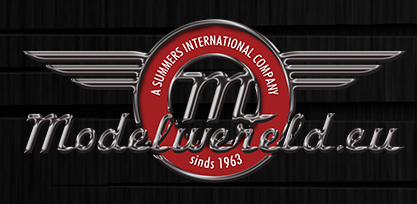Being an artillery-towing vehicle, the first design objective was to determine the configuration most capable for its intended application. At first, the German automotive industry was not able to meet the capacity requirement to mass-produce tracked towing vehicles and a wheeled vehicle was considered to have limited maneuverability in adverse terrain, this limiting its tactical application. A compromise was reached with a half-track design; driven by tracks and directional control done with front wheels. The half-track solution seemed to be the best solution at that time.
In 1932, Section 6, German Army Weapons Bureau was assigned the responsibility to supervise development for a series of half-track towing vehicles. Based on its towing capacity, ranging from 1 to 18 tons, this series was divided into three levels; light, medium, and heavy, to be developed and produced by various automotive factories. All vehicles in this series were given the type classification Sd. Kfz. In order to simplify logistical support, importance of interchangeability and commonality of parts used for the vehicles in this series was also emphasized. For small to medium caliber artillery towing applications there was the Sd.Kfz. 11, 3 ton half-track. (subject of this new kit). Initial production version numbered 505 units by 1937. In 1938, the engine output was increased from 83 to 110 hp. and standardized as the final production model. By the end of 1944, a total of 7,021 units were produced. During the later stages of WWII, the cab and troop compartment was changed to a uni-body design and extensive use of wood for construction material was used, signifying the lack of resources left in Axis Germany. (this wood cabin version will be the next kit of this vehicle released by AFV CLUB).
Artillery towed by the Sd. Kfz. 11 were the 105mm leFH18, 75mm Pak 40, quad-mounted 20mm Flak 38, and the 37mm Flak 2. During the later part of the war, some units were used to tow the 88mm Pak 43, plus variants were developed to disperse gas, transport rockets, and used in ambulance applications."
Zes uitvoeringen mogelijk;
- Unit Unknown, Poland, 1939.
- 119th Panzer Art., 11th Panzer Division, Eastern Front, 1941.
- 3th Panzer Art., 15th Panzer Division, Afrika Korps, North Afrika, 1942.
- 89th Panzer Art., 24th Panzer Division, Stalingrad, Eastern Front 1942.
- 3th Waffen SS Panzer Division, Kharkov, 1943.
- 4th Panzer Kp, GrossDeutschland Panzergrenadier Division, July 1942.
Humbrol verf kleur nr.'s; 11 / 19 / 34 / 53 / 63 / 85 / 92 / 131 / 149 / 159 / 160.


